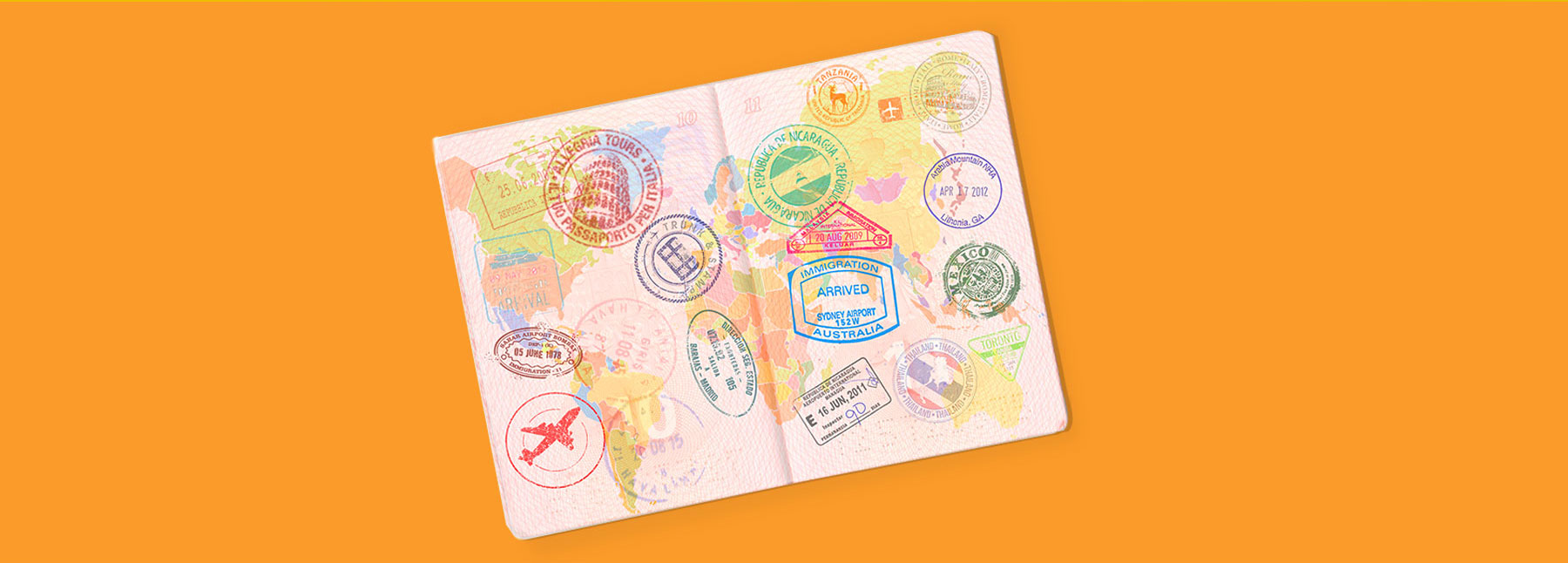In most cases, if you are moving abroad to live and work, you will require a visa. A visa grants you permission to travel to a country during a specified period. It is important to remember that having a visa does not guarantee you entry to most countries. Although it is unlikely, you may still be refused entry into a country by an immigration officer.
Types of visas for living and working overseas
Short stay visa
Long stay visa
Do I need a visa for all countries?
Questions to ask HR
If you are taking an expat role within your current company, your Human Resource Department may obtain the appropriate visa for you. If you have a meeting to discuss your visa requirements, it is worth asking questions.
What family members can travel on your expat visa?
If your company are arranging your visa, ensure they are clear on exactly who will require a visa. Do you have a spouse? Are they hoping to work while you are away? You will also need to make provision for dependants on your visa.
What terms and conditions are associated with your visa?
Almost every kind of immigrant visa comes with a set of terms and conditions that you must obey while you are in the dedicated country. Some common conditions include:
- the date you may enter the country
- employment based regulations
- restrictions on leaving and entering the country
- restrictions on where you live
What support documentation do you need to provide?
Although your company may be able to complete the visa application on your behalf they will need documentation from you and your family if they are travelling with you. Exact requirements will vary by country but the most common include:
Applying for an expat visa yourself
If you are hoping to move abroad to work on a freelance basis as a digital nomad you may have to apply for a working visa yourself.
The visa category you require will depend on the country you plan to travel to. As a first port of call visit the website for your chosen country’s embassy. You are likely to find some information on visas there. If you don’t have a lot of success there, try the immigration services website of the country you would like to live in. There are a few things you need to ask yourself in order to figure out which visa is right for you.
Where are you from and where are you going?
The answer to this question will help you identify:
- if you need a working visa
- if you qualify for a working visa in your country of choice
- what kind of kind of visa you require?
Do you have links to your desired destination?
If your country has historical links with the country you want to travel to, you may be able to acquire a working visa. For example an Australian citizen with a grandparent from the United Kingdom can apply for an ancestry visa to spend five years living and working there.
Do I need a job before I can get a visa?
For some countries, you may require a job before you qualify for a working visa of any kind. If this is the case it may make working as a digital nomad or similar quite difficult.
Tips for applying for a visa
When it comes to applying to work in another country, there are a few things to remember:
- don’t assume anything
- know your visa conditions
- have your paperwork in order
- be prepared for an interview
- allow plenty of time
For more information on country specific visa requirements visit our Expat Hub.
Finally, a visa is not the only thing you have to think about when it comes to living and working abroad. Don’t forget you may need access to healthcare. Protect yourself and your loved ones with international health insurance.



